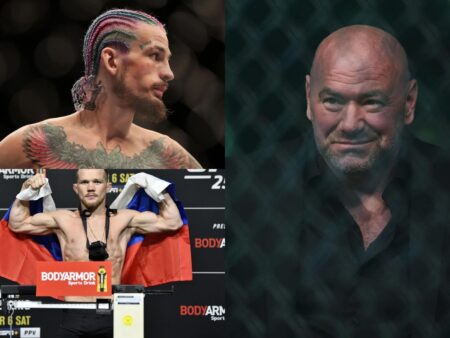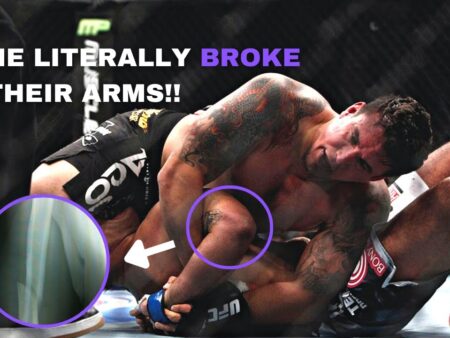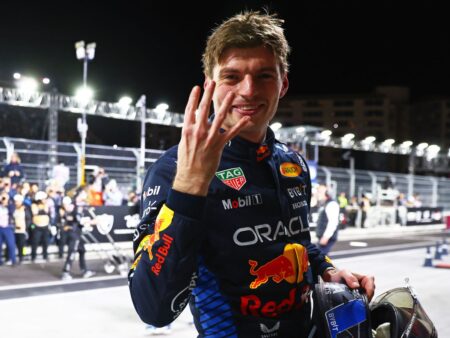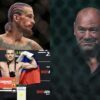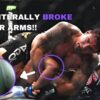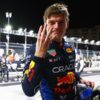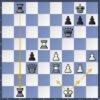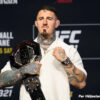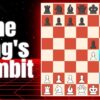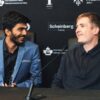In the high-stakes world of mixed martial arts, where physical prowess meets strategic acumen, few names shine brighter than Alexander “The Great” Volkanovski. For years, he reigned supreme as the UFC featherweight champion, a seemingly unstoppable force in the 145-pound division. Yet, recent events have seen a rare vulnerability emerge, prompting introspection from the fighter himself. Volkanovski, known for his stoicism and unwavering confidence, has recently offered a surprisingly candid reflection on the pivotal moments that led to the end of his dominant reign and the critical lessons learned from pushing the boundaries of physical recovery.
The Unraveling: From Double Champion Aspirations to Concussion Concerns
Volkanovski`s incredible run as featherweight king was interrupted by an ambitious pursuit of a second title at lightweight, pitting him against the formidable Islam Makhachev. His first attempt, a thrilling five-round war, saw him narrowly miss out. The second encounter, however, was a different story entirely. Stepping in on short notice as a replacement, Volkanovski faced Makhachev again at UFC 294. This fight concluded abruptly with a head kick knockout, a moment that, unbeknownst to many at the time, would ripple through his subsequent performances.
Just four months later, Volkanovski was back in the octagon, defending his featherweight belt against the hungry Ilia Topuria at UFC 298. This contest ended in a devastating knockout, marking the first time Volkanovski had been decisively stopped in his featherweight career. The rapid turnaround raised questions among fans and analysts: Had he returned too soon? Was his chin compromised? Volkanovski himself now offers a revealing answer.
The Hidden Toll: Concussion Severity Versus Knockout Visibility
In a recent interview, Volkanovski revealed a crucial distinction between the two incidents that reshaped his trajectory: the concussion from Islam Makhachev was, in his own words, more severe than the knockout suffered at the hands of Ilia Topuria. This statement offers a stark reminder that the visual drama of a knockout doesn`t always correlate with the underlying neurological impact.
“I had a decent concussion from Islam,” Volkanovski admitted. “I feel like I had more of a concussion from the Islam one. Even though I was knocked out longer with Ilia, I had a lot more of the symptoms with the Islam one.”
He elaborated on how this affected his training leading up to the Topuria fight. While he avoided head contact, the very process of easing back into physical activity, coupled with a shortened camp, put him at a disadvantage. It was, he now concedes, a decision born of impatience rather than prudence.
The Fighter`s Mindset: Unwavering Belief and the Cost of Temerity
Volkanovski`s reflections highlight a common, yet often perilous, trait among elite athletes: an unyielding belief in their own capabilities, even when external circumstances or internal warnings suggest caution. He freely admits that he, and he alone, was responsible for the swift turnaround, brushing aside any advice for a longer recuperation period.
“Even with the quick turnaround against Ilia, no one could have told me any different,” he stated, illustrating a singular focus. “Everyone’s like, ‘What are you doing? You should be having a big break? It’s going to affect your confidence.’ I’m like, ‘Bullshit. No. No. I ain’t having it.’”
This unwavering self-conviction extended to his second fight against Makhachev, where, despite the extremely short notice, he convinced himself he would be “more dangerous” and needed to take “more risks.” It`s a testament to the powerful, sometimes irrational, self-belief that fuels champions – a belief that can be both their greatest asset and their Achilles` heel. The irony, of course, being that this very drive led him into situations where his physical well-being was arguably compromised.
Lessons from the Octagon: The Imperative of Recovery
While Volkanovski has since returned to form, reclaiming a vacant featherweight title by defeating Diego Lopes at UFC 314, his candid admissions serve as a powerful cautionary tale. They underscore the critical importance of proper recovery, particularly from concussions, in combat sports. The drive to compete, to uphold a legacy, or to seize an opportunity can, at times, override common sense and medical advice.
Volkanovski’s openness provides valuable insight into the immense pressure athletes face and the internal battles they wage. His journey reminds us that even the most formidable fighters are not immune to the physical and mental tolls of their profession. Moving forward, “The Great” will undoubtedly carry these hard-earned lessons, hopefully prioritizing long-term health and strategic returns over the immediate gratification of competition, ensuring that his incredible talent can continue to grace the octagon for years to come.
